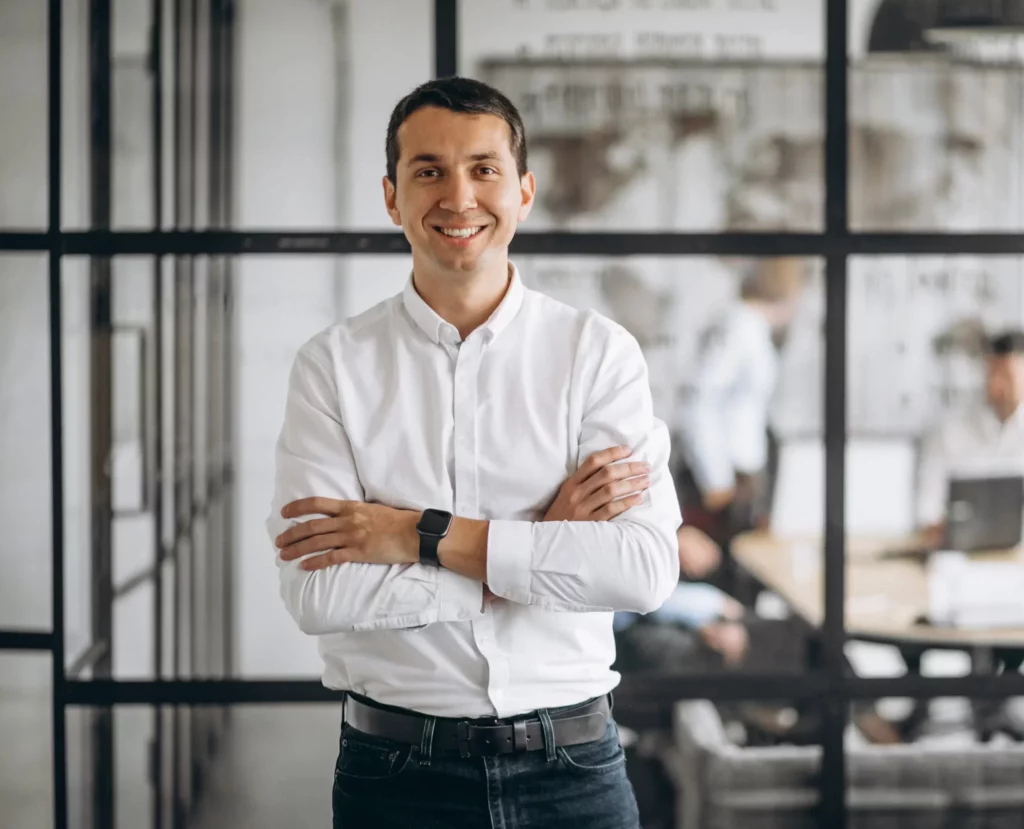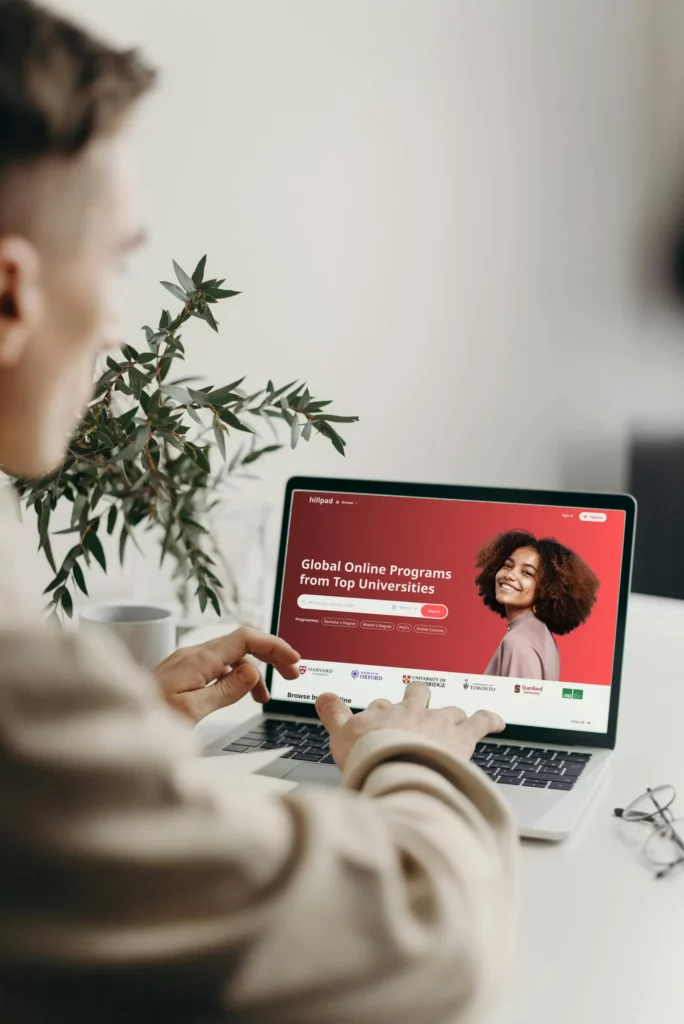The Rise of Solo Capitalists – What Founders Must Know

Startup fundraising has changed—and fast. The rise of solo capitalists has flipped the script on how early-stage deals get done. These one-person VC funds—also called solo GPs—are no longer rare exceptions. They’re fast-moving, founder-focused, and increasingly leading rounds that used to be dominated by multi-partner firms. For founders, this isn’t just another trend. It’s a fundamental shift in who holds the checkbook—and how you should pitch.
Solo capitalists combine speed with personalization. They’re often former founders or creators with a clear niche, sharp instincts, and no need for committee approval. That means faster responses, more authentic relationships, and, sometimes, term sheets in your inbox before the big firms even finish their Monday partner meeting. If you’re raising capital in 2025, you need to understand how this new wave of investors thinks—and how to turn it to your advantage.
What Makes Solo Capitalists So Powerful in 2025
At the core, a solo capitalist is exactly what it sounds like: one person running a venture fund without partners. But don’t let the “solo” part fool you. Many manage $25–$100 million funds and compete directly with Tier 1 firms. Investors like Harry Stebbings (20VC) and Lenny Rachitsky (Lenny’s Fund) are doing exactly that—writing seven-figure checks, leading rounds, and building entire portfolios around their personal brands and expertise.
What’s driving this momentum? Three key factors: AI, speed, and authenticity.
Let’s start with the tech. Today’s solo GPs are wielding AI like a secret weapon. They use tools to scan thousands of pitch decks, analyze startup metrics, and even write diligence memos—all without a team of associates. This means they can make decisions in 48 hours, not 4 weeks. In a world where the best startups raise quickly, that speed gives founders a huge edge.
Then there’s the lack of bureaucracy. Traditional firms often require multiple partner meetings to get a “yes.” Solo capitalists skip that dance. They trust their gut, act fast, and close deals while others are still scheduling. For a founder juggling timelines, this can be the difference between surviving the month—or missing payroll.
But perhaps the most powerful edge solo VCs bring is empathy. Many are former founders themselves. They’ve been in the trenches, raised under pressure, and know how lonely it can feel. That experience shapes how they support founders—not just with capital, but with real insight. And because they run their own brand, they often provide hands-on mentorship without passing you off to a junior partner.
Of course, solo doesn’t mean isolated. Many surround themselves with trusted advisors, co-investors, and operators. They build expert networks to fill in technical gaps. So while they might not have a massive back-office team, they make up for it with agility, speed, and deep focus.
How Founders Should Pitch and Partner with Solo VCs
Engaging with a solo capitalist isn’t the same as pitching a traditional VC. The process is faster, more personal, and often more transparent. So how do you prepare?
First, research their niche. Every solo VC has a specific sweet spot—whether it’s AI infrastructure, creator tools, fintech APIs, or climate tech. That focus usually reflects their background or audience. Don’t send a generic deck. Read their blog. Listen to their podcast. Figure out what they care about, and tailor your story to match.
Second, lead with traction and momentum. Remember, these investors are solo operators. They don’t have time to chase ambiguous ideas or half-baked decks. Show them sharp metrics, a clear use of funds, and why this is the right time to invest. Bonus points if you can explain how their support would make a difference—whether it’s brand credibility, distribution, or operational guidance.
Third, be transparent and move fast. If they’re interested, a solo VC can close in days. That means you need your house in order. Have your legal, data room, and cap table prepped. Solo investors love founders who can match their pace. If you’re scrambling to pull together documents or unsure of your equity structure, you might miss the window.
And finally, build the relationship like a peer, not a pitch. Unlike institutional firms, solo capitalists often want a personal connection. They care about your values, how you make decisions, and what drives you. Don’t just talk about TAM and retention rates—talk about your vision, your story, and what keeps you going. Authenticity wins here.
If you want help preparing your pitch, our team at FoundersMax specializes in building investor decks and strategies tailored for solo GPs and micro-VCs. We’ve worked with founders to raise faster by aligning with the way modern capital flows—from email intros to AI-driven diligence.
Why This Matters for the Future of Fundraising
This shift toward solo capitalists isn’t just a funding shortcut—it’s part of a bigger trend in how startups get built. The whole ecosystem is becoming faster, leaner, and more relationship-driven. Founders are skipping traditional gatekeepers. Investors are doubling down on brand and trust over bureaucracy. And thanks to AI, even small firms can operate with the efficiency of a full-stack fund.
For founders, this opens new doors. You don’t need to land Sequoia to build a unicorn. A solo GP might be the one who gets your product, moves fast, and sticks with you from pre-seed through Series A. They’re not just writing checks. They’re showing up on Saturday when your backend goes down. They’re tweeting your launch. They’re opening DMs with future hires. In a world that moves this quickly, that kind of alignment is a superpower.
That said, it’s not all upside. Solo capitalists might lack bandwidth for deep technical diligence or follow-on capital. Some operate more like angel investors than institutional funds. That’s why it’s crucial to assess their network, follow-on strategy, and where they fit in your broader cap table. Solo VCs can be amazing partners—but they should be part of a well-balanced round, not your only bet.
For more on this trend, check out GoingVC’s deep dive on why solo GPs are rising and how it’s changing deal dynamics across the board.


